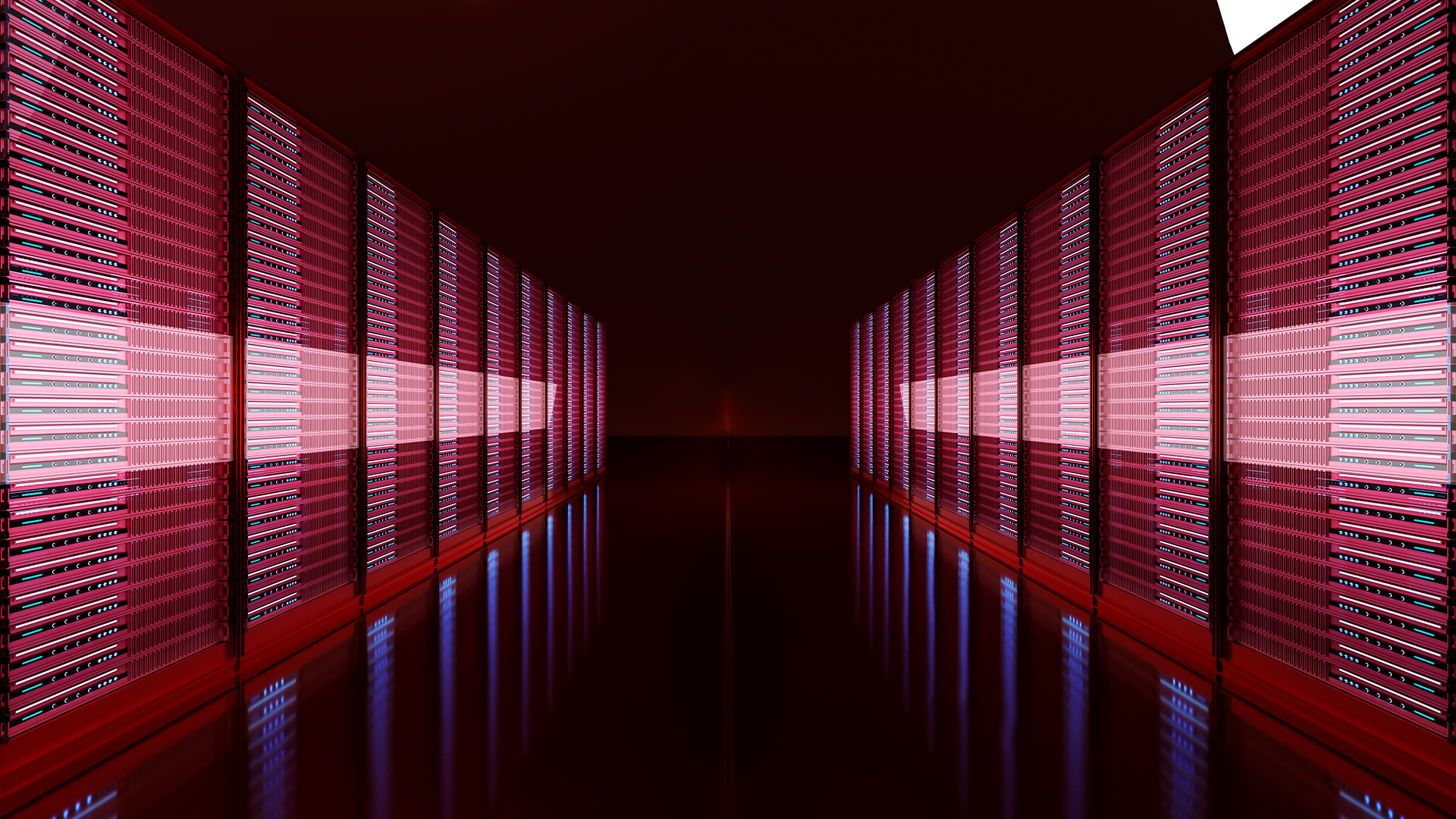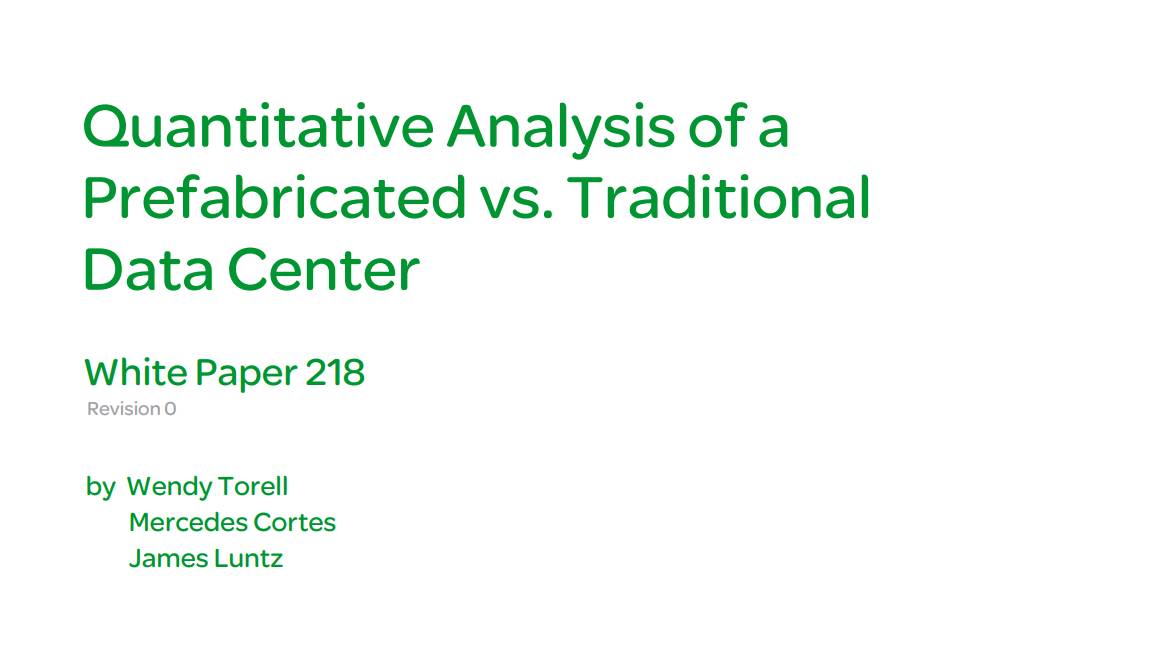US data center power consumption is set to double by 2030 amid soaring AI demands
Power consumption at US data centers is skyrocketing, prompting concerns that energy supply challenges could be on the horizon


US data center power consumption is expected to more than double by 2030, according to new research from the Electric Power Research Institute (EPRI), as providers look to keep pace with generative AI demand.
By 2030, almost a tenth (9%) of US electricity generation could be consumed by data centers, with the EPRI predicting impending supply challenges, among other issues.
Drawing on various bodies of public information and industry growth estimates, the EPRI outlined four different potential consumption rate scenarios between 2023 and 2030, with growth rates ranging from 3.7% to 15%.
The “lowest” scenario in terms of power consumption assumed “limited public uptake” of generative AI and significant gains in data center efficiency, while the “highest” case scenario assumed the “rapid expansion” of AI. This scenario returned data center power ranges of 4.6% to 9.1%.
According to the research, AI queries demand around ten times the electricity of typical internet searches, while the generation of content such as music, photos, and videos requires even more.
“With 5.3 billion internet users, rapid adoption of these new tools could increase power demands substantially,” the report stated.
US data center concentration is becoming a problem
Another issue highlighted in the report is that of data center concentration, with individual facilities now consuming energy equivalent to between 80,000 and 800,000 homes.
Sign up today and you will receive a free copy of our Future Focus 2025 report - the leading guidance on AI, cybersecurity and other IT challenges as per 700+ senior executives
Similarly, around 80% of the US data center load in 2023 was concentrated in just 15 states, including Virginia and Texas, raising further concerns.
In this context, demands for reliable power and short lead times, as well as requests for “non-emitting” power, could create regional electricity supply challenges.
With the UK’s National Grid predicting a “six-fold spike” in demand from data centers, the report highlights growing concerns about the demands placed on energy grids on both sides of the Atlantic in years to come.
“The US electricity sector is working hard to meet the growing demands of data centers, transportation electrification, crypto-mining, and industrial onshoring, while balancing decarbonization efforts,” EPRI vice president David Porter said.
New data center strategies need to be adopted
The EPRI suggested that industries take a three-pronged approach to deal with rising power demands, starting by looking to “improve” data center efficiency and flexibility.
RELATED WHITEPAPER

The industry should also look to a greater level of cooperation, with data center developers and utilities coordinating more closely on issues of power requirement, timing, flexibility, and delivery constraints.
“The data center boom requires closer collaboration between large data center owners and developers, utilities, government, and other stakeholders to ensure that we can power the needs of AI while maintaining reliable, affordable power to all customers,” Porter said.
There should also be a focus placed on the development of improved modeling tools that can be used to “anticipate and accommodate” data center growth without affecting overall grid reliability.

George Fitzmaurice is a former Staff Writer at ITPro and ChannelPro, with a particular interest in AI regulation, data legislation, and market development. After graduating from the University of Oxford with a degree in English Language and Literature, he undertook an internship at the New Statesman before starting at ITPro. Outside of the office, George is both an aspiring musician and an avid reader.
-
 What the fragmentation of UC means for the channel
What the fragmentation of UC means for the channelIndustry Insights If communications are becoming fragmented, what does that mean for MSPs and VARs?
-
 How SMBs can DIY their IT implementation and support
How SMBs can DIY their IT implementation and supportFeature For some small and medium-sized businesses, the third-party expertise and support might be out of reach. What’s the alternative?